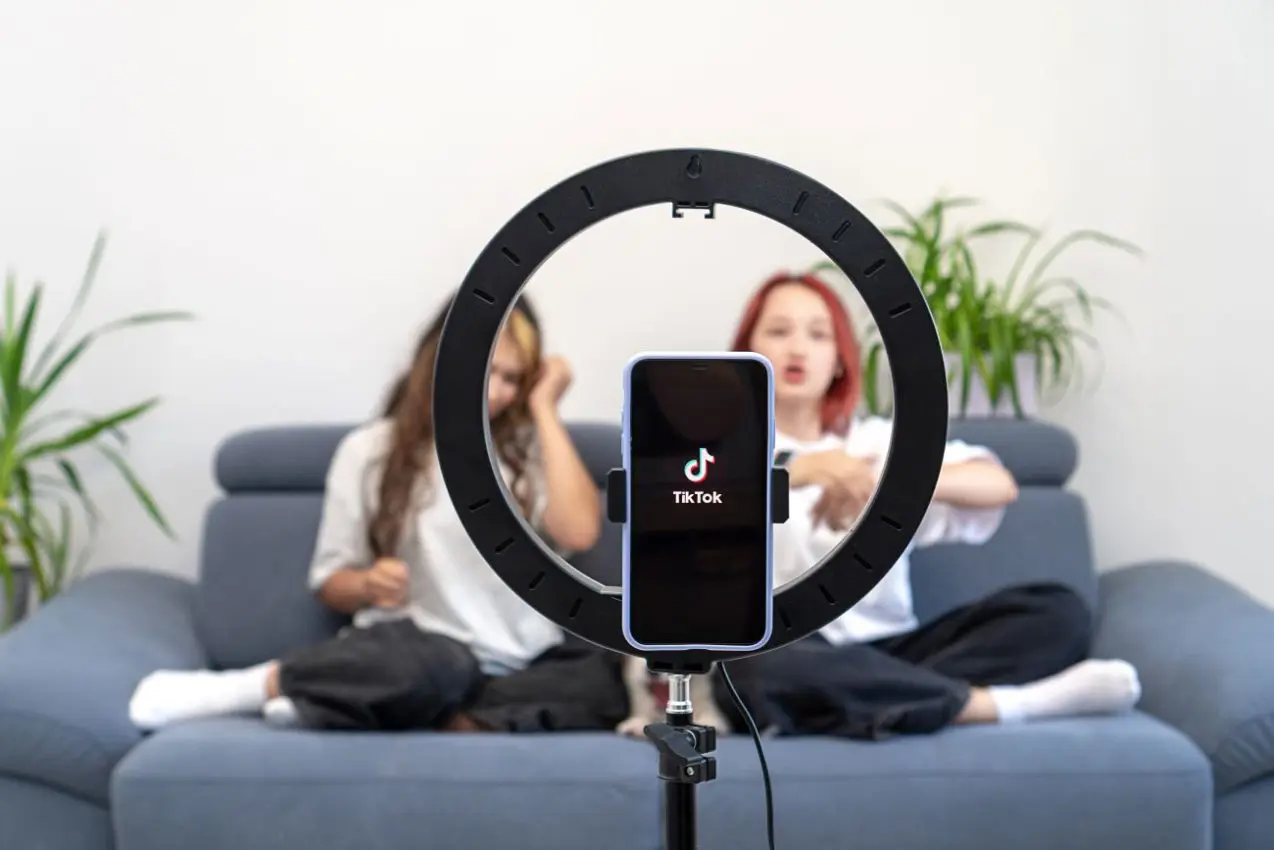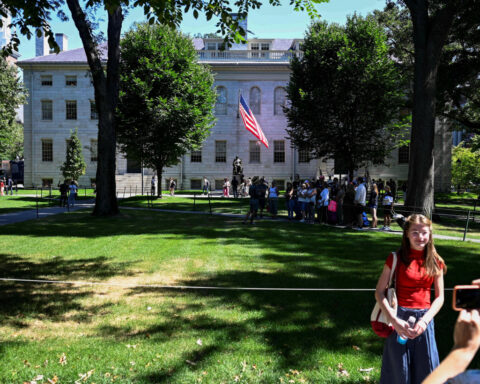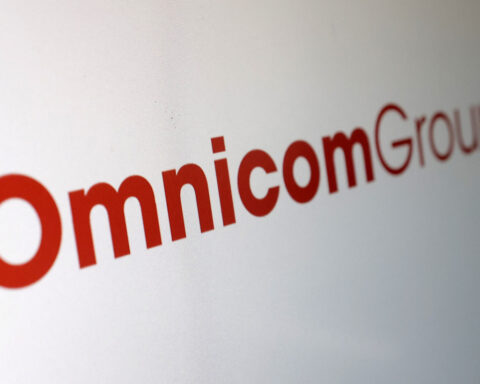This year Harvard researchers undertook an unusual collaboration bringing ivory tower expertise together with mass influencers dispensing mental health advice to millions via social media. Their goal: inject more scientifically validated content into TikTok and Instagram feeds increasingly relied on by youth. Selecting subjects with large followings and ethical approaches, the team provided toolkits on issues like trauma and climate anxiety to observe if credible data permeated popular post trends. Despite inhering skepticism over digital health content, results showed modest uptake – along with forging bonds between academia and creators potentially benefiting both.
Specifically, a group from Harvard Medical School identified over 100 prominent TikTok and Instagram accounts focused on mental health themes boasting huge adolescent viewership. Though some scholars view the space as an unregulated “wild west” propagating misinformation, lead researcher Amanda Yarnell saw opportunity reaching audiences normally unexposed to public health data. Her group classified subjects by followers and content quality, inviting many to tailor evidence-based materials to their storytelling aesthetics. The ensuing study monitored if scientifically sound messages organically emerged across social feeds following virtual meetups and in-person summits.
In February, unlikely invitations landed in the inboxes of therapists, life coaches, authors and lived experience advocates turned influencers. Their success commanding digital attention attracted the interest of elite institutions historically dismissive towards mainstream trendsetters. But preliminary interactions bore fruit, with dozens accepting supplementary content around trauma, anxiety, mindfulness and more for potential posting while researchers observed. Upon full analysis, Yarnell’s group noted a small but meaningful rise in evidence-based references amid posts totaling over 800,000 views.
Behind sterile statistics, unlikely new alliances took root at the nexus of establishment expertise and youth media. At an August conference bringing select creators to Harvard’s vaunted halls, tattooed guests in cowboy boots expressed equal parts inspiration and vindication. The experience codified a sense their work spread beyond spectacle or profit into genuine service warranting serious investigation. Heartfelt testimonials convinced initially skeptical teams that social platforms carried powerful potential for elevating understanding if responsibly harnessed.
Presenters reciprocated gratitude for mass conduits rendering dense studies accessible to lay audiences. Academics marveled at the discovery acumen displayed by those translating psychotherapy intricacies into snackable videos. Plain admissions that conversions cut both ways further unified the groups, replacing outdated assumptions with collegiality. In this frame, TikTok manifested less as frivolity than mass communication shakeup with public health implications barely being explored.
To capture effects, forty-two participating accounts received digital literature from Harvard collating present research across mental health subfields. Analysts then tracked quantitative and thematic changes in posting subjects and styles following the knowledge seeding. Initial conclusions found a 3 percent uptick in expert content amid hundreds of videos – subtle but viewed by nearly one million followers. The metrics affirmed value injecting digestible findings across far-reaching personal platforms demonstrating youth engagement.
But statistics alone miss the deeper reverberations in connecting elite research with highly identified social storytellers. Reviewing early data, former doubters like Corey Basch now discuss exploring TikTok’s scientific utility beyond commercial motives. Face-to-face meetings spawned ongoing collaborations between faculty and digital celebrities on advocacy campaigns or video concepts. And post-conference chats returned repeatedly to revelatory doubts that academia’s wisdom sufficiently penetrates modern frontiers.
The research team itself envisions much expanded trials refining initial discoveries on transmitting bite-sized content through enthralling mediums. They note the minimal resources required to broadly seed credible information across hyperscale networks primed for uptake. The overnight scaling possibilities point toward formalizing rapid response processes harnessing precious influencer access. In the end analysis, all parties gained salient confirmation that new bridges built between groups advancing human understanding remain valuable however unforeseen. Because ultimately cultivating knowledge means recognizing rising luminaries outside antiquated gates and adjusting outmoded filters on legitimate expertise claiming modern mantle.

 Trump has begun another trade war. Here's a timeline of how we got here
Trump has begun another trade war. Here's a timeline of how we got here
 Canada's leader laments lost friendship with US in town that sheltered stranded Americans after 9/11
Canada's leader laments lost friendship with US in town that sheltered stranded Americans after 9/11
 Chinese EV giant BYD's fourth-quarter profit leaps 73%
Chinese EV giant BYD's fourth-quarter profit leaps 73%
 You're an American in another land? Prepare to talk about the why and how of Trump 2.0
You're an American in another land? Prepare to talk about the why and how of Trump 2.0
 Chalk talk: Star power, top teams and No. 5 seeds headline the women's March Madness Sweet 16
Chalk talk: Star power, top teams and No. 5 seeds headline the women's March Madness Sweet 16
 Purdue returns to Sweet 16 with 76-62 win over McNeese in March Madness
Purdue returns to Sweet 16 with 76-62 win over McNeese in March Madness








